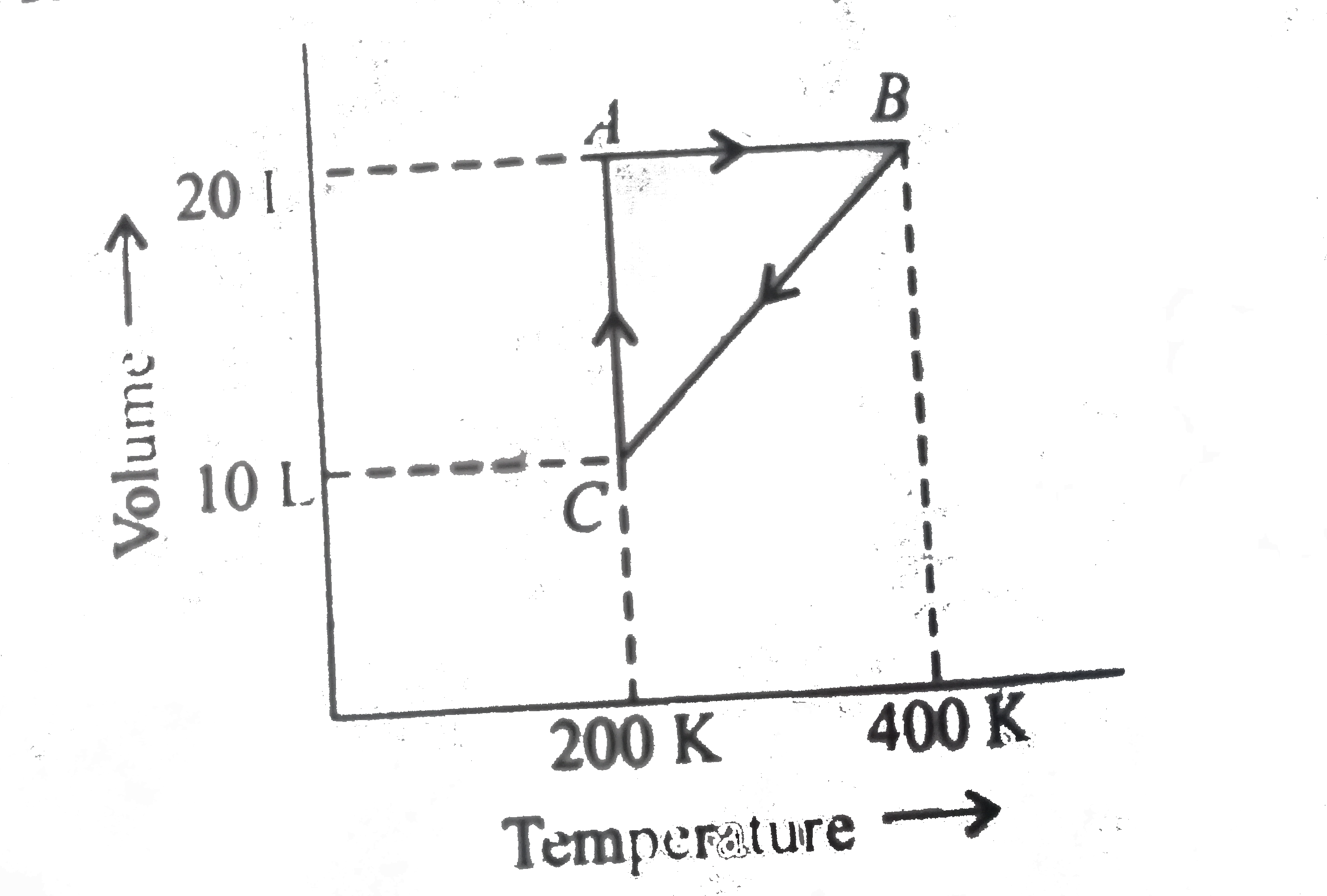If A and B are the sums of odd and even terms respectively in the expansion of (x+a)n then (x+a)2n−(x−a)2n=
To solve the problem, we need to find the expression for (x+a)2n−(x−a)2n given that A and B are the sums of the odd and even terms respectively in the expansion of (x+a)n.
1. Understanding the Sums of Terms:
- Let A be the sum of the odd terms and B be the sum of the even terms in the expansion of (x+a)n.
- From the binomial theorem, we know that:
(x+a)n=A+B
- Similarly, for (x−a)n:
(x−a)n=A−B
2. Setting Up the Equations:
- We can express the two equations as:
(x+a)n=A+B(1)
(x−a)n=A−B(2)
3. Squaring Both Sides:
- Now, we square both sides of equations (1) and (2):
(x+a)2n=(A+B)2(3)
(x−a)2n=(A−B)2(4)
4. Subtracting the Two Squared Equations:
- We need to find (x+a)2n−(x−a)2n:
(x+a)2n−(x−a)2n=(A+B)2−(A−B)2
5. Applying the Difference of Squares:
- We can use the identity a2−b2=(a−b)(a+b):
(A+B)2−(A−B)2=((A+B)−(A−B))((A+B)+(A−B))
- Simplifying this gives:
=(2B)(2A)=4AB
6. Final Result:
- Therefore, we have:
(x+a)2n−(x−a)2n=4AB
Conclusion:
The final expression for (x+a)2n−(x−a)2n is:
4AB
- Let A be the sum of the odd terms and B be the sum of the even terms in the expansion of (x+a)n.
- From the binomial theorem, we know that:
(x+a)n=A+B
- Similarly, for (x−a)n:
(x−a)n=A−B
- We can express the two equations as:
(x+a)n=A+B(1)
(x−a)n=A−B(2)
- Now, we square both sides of equations (1) and (2):
(x+a)2n=(A+B)2(3)
(x−a)2n=(A−B)2(4)
- We need to find (x+a)2n−(x−a)2n:
(x+a)2n−(x−a)2n=(A+B)2−(A−B)2
- We can use the identity a2−b2=(a−b)(a+b):
(A+B)2−(A−B)2=((A+B)−(A−B))((A+B)+(A−B))
- Simplifying this gives:
=(2B)(2A)=4AB
- Therefore, we have:
(x+a)2n−(x−a)2n=4AB
The final expression for (x+a)2n−(x−a)2n is:
4AB
Topper's Solved these Questions
Similar Questions
Knowledge Check
If P be the sum of odd terms and Q be the sum of even terms in the expansion of (x+a)n, then (x+a)2n+(x−a)2n is
(i) P2−Q2
(ii) P2+Q2
(iii) 2(P2+Q2)
(iv) 4PQAP2−Q2BP2+Q2C2(P2+Q2)D4PQ
If P be the sum of odd terms and Q be the sum of even terms in the expansion of (x+a)n, prove that
(ii) 4PQ=(x+a)2n−(x−a)2nand
View SolutionIf P be the sum of odd terms and Q be the sum of even terms in the expansion of (x+a)n, prove that
(iii) 2(P2+Q2)=(x+a)2n+(x−a)2n.
View SolutionIf o be the sum of odd terms and E that of even terms in the expansion of (x+a)n prove that: (i)O2−E2=(x2−a2)n (ii) 4OE=(x+a)2n−(x−a)2n (iii) 2(O2+E2)=(x+a)2n+(x−a)2n
View SolutionIf A be the sum of odd terms and B be the sum of even terms in the expansion of (x+a)n, prove that A2−B2=(x2−a2)n
View SolutionThe middle term in the expansion of (x+1x)2n is
View SolutionIf P be the sum of odd terms and Q be the sum of even terms in the expansion of (x+a)n, prove that
(i) p2−Q2=(x2−a2)n
View SolutionIf A and B respectively denote the sum of the odd terms and sum of the even terms in the expansion of (x+y)n, then the value of (x2−y2)n, is equal to
View Solution

